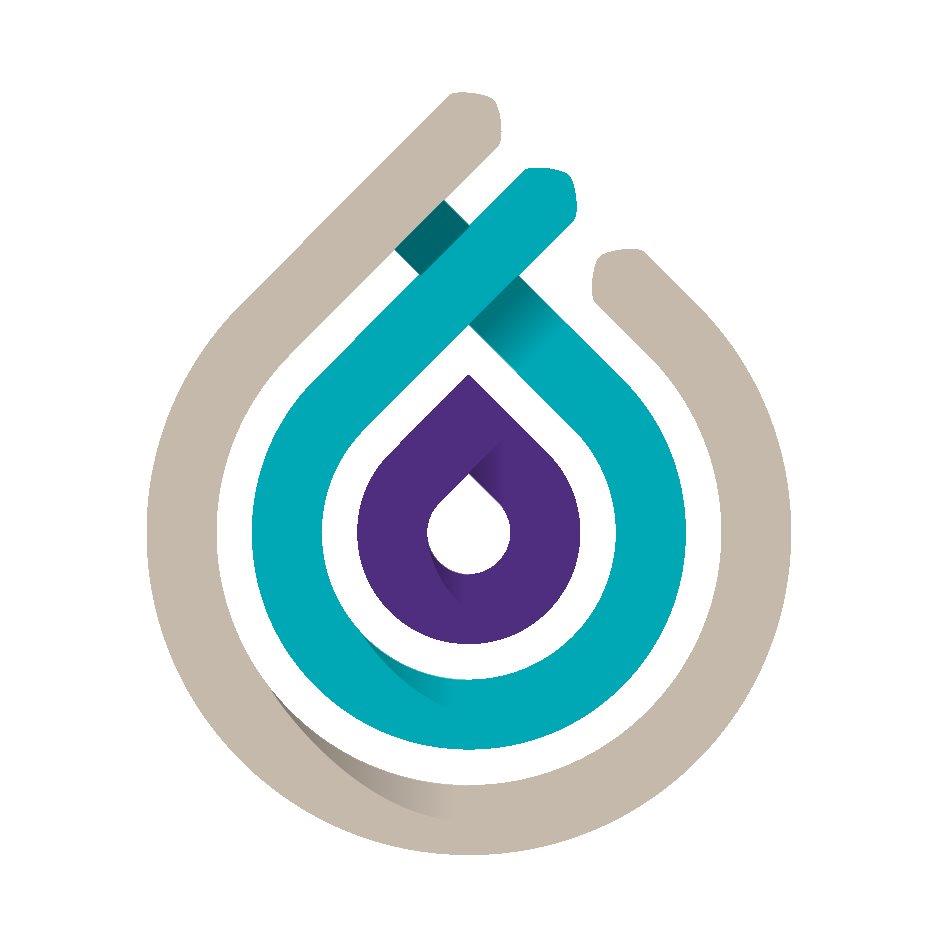- Consumer Products
- Energy & Natural Resources
- Education Sector
- Insurance Services
- Financial Services
- Healthcare Sector
- Manufacturing
- Not For Profit
- Public Sector
- Real Estate & Construction Sector
- Technology, Media & Telecommunications
- Travel, Tourism & Leisure
- Food and Restaurant
- Professional Services
-
Business Risk Service
Organisations must understand and manage risk and seek an appropriate balance between risk and opportunities.
-
Transaction Advisory, M& A, Business Consultancy
Transaction Advisory, M& A, Business Consultancy
-
IT Advisory
IT Advisory
-
Business Process Solutions
Business Process Solutions
-
Managing the VAT Audit
Managing the VAT Audit
-
Transfer Pricing
Global transfer pricing is all about understanding your business and the value drivers of your industry in an ever-changing environment.
Key regulations with regard to International Financial Reporting Standards (IFRS) are in the offing based on recent phenomena including the Covid-19 pandemic, a leading expert has said.
According to Grant Thornton Bahrain senior partner Jatin Karia, these will have major implications for business operations and compliance in the kingdom.
Quoting Jack Welch, he said, “If the rate of change on the outside exceeds the rate of change on the inside, the end is near.”
He was speaking during two webinars organised by the audit and advisory firm, with the first one focusing on IFRS 17 and the second one on IFRS 9, held in collaboration with the Bahrain Chapter of the Institute of Chartered Accountants of India (BCICAI).
Issued by the International Accounting Standards Board in May 2017, IFRS 17 will replace IFRS 4 on accounting for insurance contracts.
IFRS 9 addresses accounting for financial instruments. The standard came into force on January 1, 2018, replacing the earlier IFRS for financial instruments, IAS 39.
Grant Thornton financial services Partner Shahnawaz Khan who is the firm’s IFRS expert, said that many people are struggling when it comes to comparison between IFRS 4 and IFRS 17.
“Although IFRS 17 lays down different measurement principles, the definition of insurance contracts still stays the same. The main aim of IFRS 17 is to standardize insurance accounting where IFRS is adopted to ensure that users of IFRS Financial statements are able to compare companies (even between insurers and other companies), their past performance and their current financial position.”
He added that the key objective of IFRS 17 is to introduce a single IFRS accounting model for all types of insurance contracts subject to measurement rules.
The new IFRS insurance contracts standard was issued in May 2017 and firms have less than three years to prepare for the effective date of 1 January 2023.
Mr Khan said risk adjustments may require significant assistance from either an expert or a consultant to understand and determine the methodology which needs input from the management.
Representatives of insurance companies in Bahrain, as well as actuarial professionals around the world attended the session, as did Accounting and Auditing Organization for Islamic Financial Institutions (AAOIFI) representatives.
The focus of the second webinar was on IFRS 9 classification and measurement of financial assets and liabilities.
Mr Khan spoke about term default, calculations of expected credit losses as probability of default or provision matrix approach and impact of the forward-looking information in line with the impact of Covid-19.
The pandemic’s impact on Significant Increase in Credit Risk (SICR) and the management of overlay adjustments due to macroeconomic variables as also likely changes in contractual terms of financial instruments and financial guarantees were also explained.

